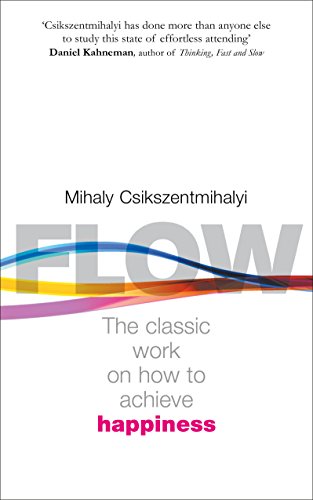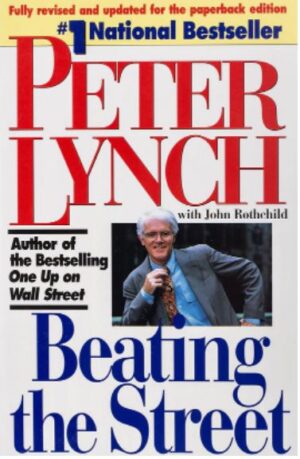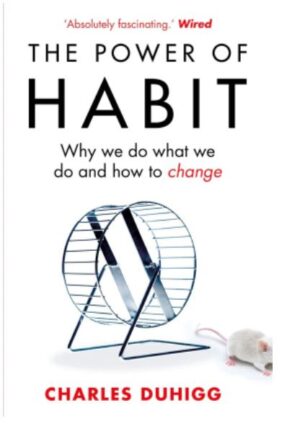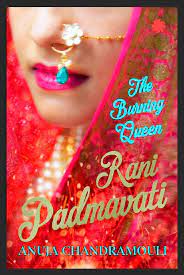“Mihaly Csikszentmihalyi, a renowned psychologist, authored the book ‘Flow: The Psychology of Optimal Experience’ in 1990. The book delves into the concept of ‘flow,’ a state of optimal engagement and immersion in an activity that leads to heightened satisfaction and fulfillment. The following are the key points covered in the book:
1. Introduction: Csikszentmihalyi introduces the concept of flow, describing it as complete absorption in an activity. During flow, individuals experience deep focus, a sense of control, and a loss of self-consciousness.
2. The Elements of Flow: The author outlines the essential components of flow, including clear goals, immediate feedback, a balance between challenge and skill, and a focused, present-moment awareness.
3. Autotelic Activities: Csikszentmihalyi discusses autotelic activities that are intrinsically rewarding and pleasurable. Engaging in such activities leads to experiencing flow more frequently.
4. The Paradox of Work: The book explores the paradox of work, where certain tasks may seem burdensome, but achieving flow can transform them into enjoyable and meaningful experiences.
5. The Flow of Thought: Flow extends beyond physical activities into thought and creativity. Csikszentmihalyi explains how individuals can achieve flow in intellectual pursuits.
6. The Body in Flow: The author examines the connection between mind and body during flow experiences, where a merging of action and awareness occurs.
7. The Flow of Culture: Flow is not limited to individuals; it also has cultural implications. The book discusses how flow can positively impact societies and contribute to overall well-being.
8. The Autotelic Self: Csikszentmihalyi explores the development of the ‘autotelic self,’ individuals predisposed to seeking and achieving flow in their lives.
9. The Making of Meaning: Flow experiences contribute to a greater sense of purpose and fulfillment, deeply connecting to the meaning of life.
10. Enjoyment and the Quality of Life: Csikszentmihalyi investigates the relationship between enjoyment and overall life satisfaction, highlighting flow’s significant contribution.
11. The Waning of Time: During flow, individuals lose track of time. The author explains this phenomenon and its implications for our perception of time.
12. The Control of Consciousness: Csikszentmihalyi emphasizes the significance of mastering one’s consciousness to achieve flow consistently.
In summary, ‘Flow’ explores the concept of optimal human experience, where individuals achieve deep engagement, enjoyment, and fulfillment. The book delves into the conditions required for experiencing flow, its impact on personal and societal well-being, and its role in creating a more meaningful and satisfying life. Csikszentmihalyi’s research and insights have had a profound influence on psychology, education, and personal development.”



